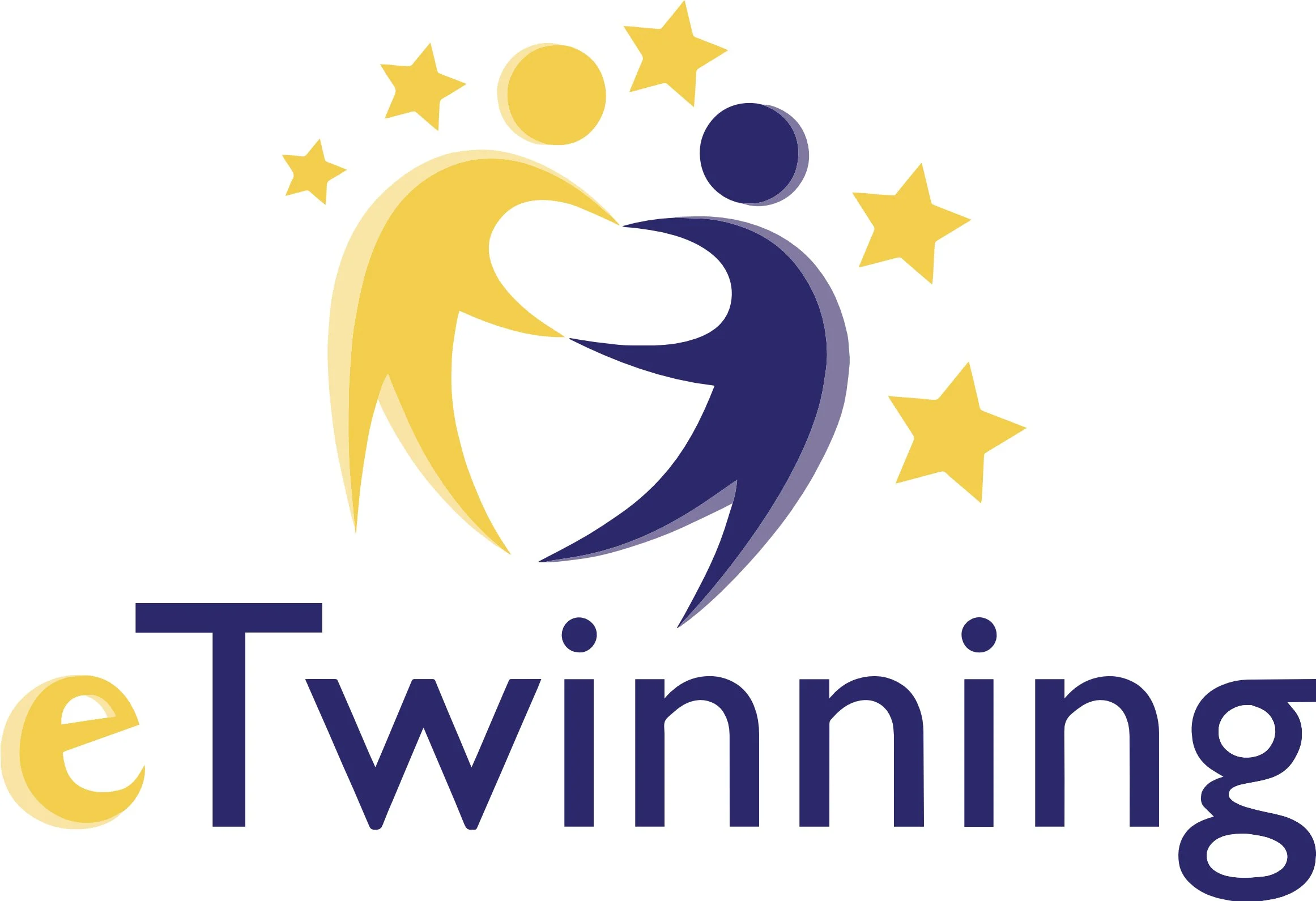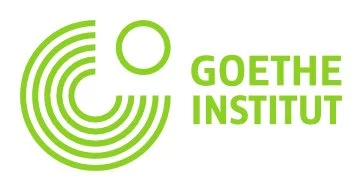
Teachers and teacher-trainers
Almost all teachers see critical media literacy skills as fundamental to their students’ learning. We empower classrooms and teachers to start the conversation.
Our interactive and award-winning classroom workshops are designed to unlock young people’s innate understanding and curiosity about the fast-changing online world they inhabit, and about how to navigate it wisely. Our classroom work is free of charge and available in Austria, Belgium, Germany, Switzerland and Poland in English, French, German and Polish.
Teacher-focused training modules are for teachers and educators who wish to build digital literacy skills sustainably into school lesson plans and teacher-training curricula.
Our teacher training is hosted by
Before a classroom visit
Lie Detectors classroom visits occur 4-6 weeks prior to the Easter holidays, the summer holidays and the Christmas or winter holidays. Once you have sent your request for a classroom visit, your Lie Detectors country team will work with you to match you to a journalist. This is done by geographical proximity for analogue visits; there is more flexibility for on-screen visits.
Our team will support you by:
Confirming the time and date for teachers and the journalist
Sharing preparatory materials, such as the news challenge and relevant consent forms
Organising a preparatory briefing call between the teacher and the journalist
Analogue visits require no preparation from pupils and teachers and last 90 minutes.
On-screen visits come with a set of three work sheets in the format of a news challenge. Each news challenge is accompanied by answer sheets, which allow teachers to work easily with material that may be unfamiliar with them and increase their confidence.
Our approach
An interactive approach allowing schoolchildren to raise and explore their own concerns
Small groups to maximise engagement by children and teachers
Playful and politically neutral approach to ensure all children feel included
Age-appropriate material and empowerment with simple tools
Simple materials that work at all levels of digital connectedness and that teachers can re-use
Collection of feedback from teachers and schoolchildren
Follow-up material and training where required
The structure of a classroom visit
Our visits are split into four sections and are guided by an interactive and educationally effective script formulated specifically for the age groups.
1. Introduction and overview
Introduction of the visiting journalists with examples from his/her work
Ice breaker – Where do the pupils get their news?
2. “Fake news”
Examples and votes
Discussion: What is it? Why does it exist? Who cares?
Tools of the Lie Detector – how to sort facts from fakes
Break (with seat swap when the visit is in-person)
3. News bias
The challenge of being a journalist
Game or story & discussion: The pupils slip into the role of reporters
Exposition: Journalists tell their own story when it was challenging to be a journalist
4. Conclusion
Video & conclusion
Q&A
Feedback forms
After a classroom visit
After the visit, teachers who are interested in integrating media literacy exercises and tools into their future teaching can use our selection of teaching materials. They are available in in English, French or German with instructions on how to use them in the classroom.
A key part of our work is the collection and analysis of feedback from pupils, teachers, and journalists. We ask you support us by offering your own feedback and gathering feedback from your students via our questionnaires, which will be shared with you ahead of a visit.
Lie Detectors is committed to providing classroom visits that are non-political, honest, measured and respectful so every child and teacher may feel included and safe.
Teacher training
Our teacher training is delivered by professional journalists. It is currently available in English, French and German and delivered free of charge, depending on availability, both in-person or over a screen.
The webinars and meetings last 90-120 minutes and offer a thematic overview followed by online research work in small groups, group presentations and discussion.
Participants are provided interactive learning points, including on:
How children consume digital information;
How to discuss digital literacy with children active on vastly different platforms;
Integrating source-verification and media literacy into daily teaching routines: how and why?
Guidance on fact-checking tools and news literacy exercises available online, reacting to demand
Regular updates from professional journalists on digital information challenges
As per our classroom visits, we ask for feedback from teachers to support us in advising educational decision-makers on how to successfully integrate digital media literacy into formal curricula.
We accept individual invitations and those we receive via eTwinning, Erasmus+ and other education partners.







